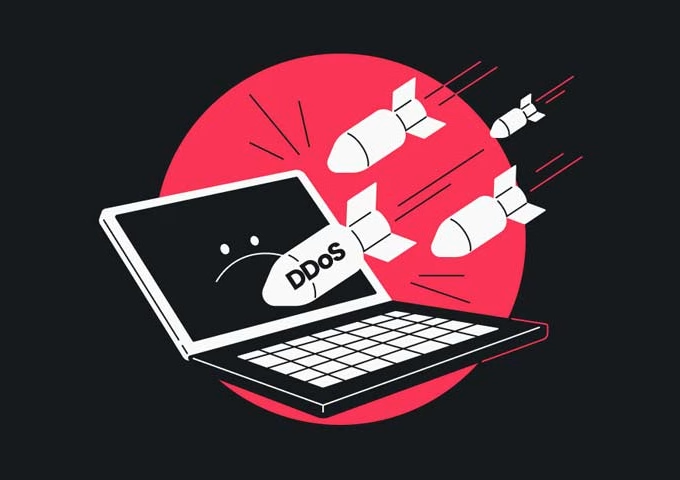In the business world, regulatory compliance is a vital aspect that ensures organizations adhere to established laws and regulations. It is not just a mere box-ticking exercise; it’s a critical component of risk management. This article delves into the importance of conducting an audit for regulatory compliance from a risk management perspective. It will also explore the key subtopics, shedding light on how these audits play a pivotal role in maintaining the integrity and stability of organizations.
Understanding Regulatory Compliance:
Regulatory compliance refers to an organization’s adherence to laws, regulations, guidelines, and specifications relevant to its industry. Local, national, or international authorities may impose these regulations. It encompasses many areas, including financial reporting, data security, environmental protection, and more. Failing to meet these compliance requirements can lead to severe consequences, including fines, legal action, and damage to an organization’s reputation.
The Role of Audits in Regulatory Compliance:
Audits are systematic examinations and evaluations of an organization’s processes, procedures, and records to ensure compliance with applicable regulations. They serve as a proactive risk management tool by identifying potential compliance gaps before they lead to legal issues or reputation damage. It also helps organizations streamline operations, reduce inefficiencies, and enhance performance.
Identifying Compliance Risks:
One of the primary purposes of regulatory compliance audits is to identify and assess compliance risks. These risks can be categorized into several areas, such as legal, financial, operational, and reputational risks. By identifying these risks early on, organizations can take proactive measures to mitigate them, reducing the likelihood of adverse consequences.
Preventing Legal and Financial Consequences:
Non-compliance with regulations can result in legal actions and financial penalties that devastate businesses. Regulatory compliance audits help organizations identify areas where they may be falling short of compliance requirements and take corrective actions before they face costly consequences.
Protecting Reputation:
In this digital generation, reputation is invaluable. Regulatory violations can tarnish an organization’s image and erode customer trust. It helps organizations uphold their reputation by meeting the highest ethical and legal standards. By maintaining a strong reputation, organizations can retain existing customers and attract new ones.
Improving Operational Efficiency:
It not only focuses on compliance but also on operational processes. They uncover inefficiencies and areas for improvement. By addressing these issues, organizations can streamline their operations, reduce costs, and enhance overall efficiency. This, in turn, contributes to better risk management by minimizing operational risks.
Navigating Complex Regulatory Environments:
Regulatory environments constantly evolve, and keeping up with changes can be challenging. Regulatory compliance audits help organizations stay current with the latest regulations and adapt their processes accordingly. This adaptability is crucial for risk management, ensuring organizations comply with changing rules and standards.
Enhancing Internal Controls:
Effective internal controls are essential for risk management and compliance. It evaluates an organization’s internal controls, identifying weaknesses and areas that need strengthening. By bolstering internal controls, organizations reduce the risk of fraud, errors, and non-compliance.
Summing it Up:
In conclusion, conducting an audit for regulatory compliance is not just a bureaucratic requirement but a strategic move in risk management. These audits are crucial in identifying and mitigating compliance risks, preventing legal and financial consequences, protecting reputation, and improving operational efficiency. By staying compliant with regulations and continuously monitoring and enhancing their processes, organizations can navigate complex regulatory environments effectively. In a world where compliance is paramount, these audits are an indispensable tool for maintaining the integrity and stability of any organization.











